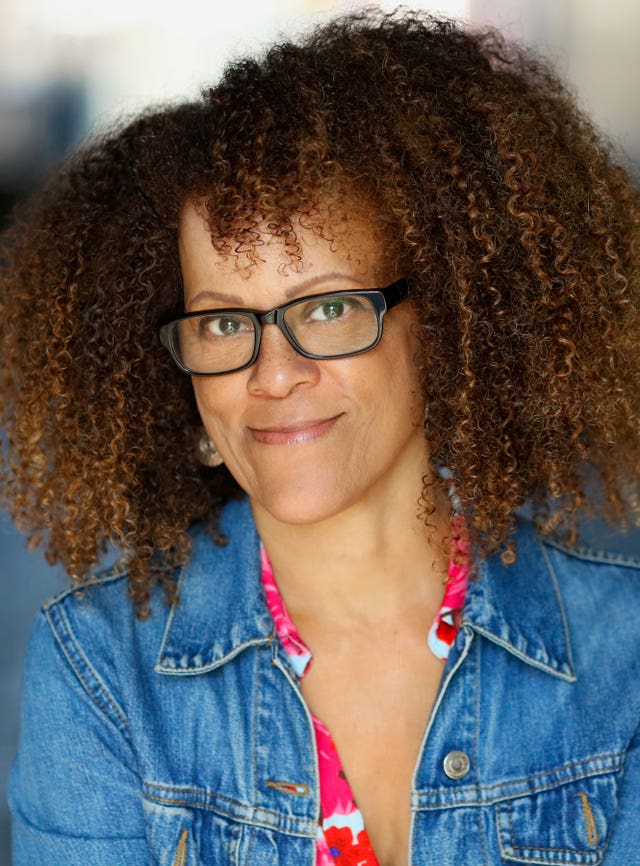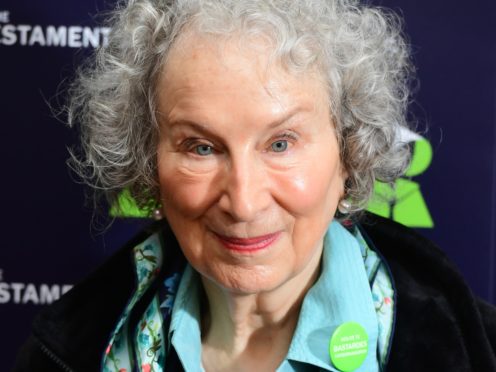In a shock decision, the Booker Prize has been split between two authors.
The prestigious award comes with a £50,000 prize, as well as literary acclaim, and often a sales boost for the winner.
One winner, Margaret Atwood, has already achieved these soaring heights, with fellow award-winner Bernardine Evaristo continuing to forge her own reputation as an author.

Atwood was born in Ottawa in Canada and began writing as a child.
At 79, she is now the oldest ever Booker winner, and her career proper began in the early 1960s with poetry collections. She also began writing novels, and a prolific output lasting decades has continued since.
While teaching in Toronto, she continued to write – and in the mid 1980s published critical hits Bodily Harm and The Handmaid’s Tale, which was nominated for the Booker in 1986.
She first won the prestigious award in 2000 for her novel The Blind Assassin.
Atwood reached an even larger international audience when The Handmaid’s Tale was adapted for the 2017 TV series, providing visual cues for numerous protest movements which referenced the show.
The author has penned more than 40 works, and even dabbled in comic books.
Fellow winner Evaristo was born in Woolwich, south London, holds a PhD from Goldsmith’s, and continues to live in the capital.
For @BBCNews with Rebecca Jones and fellow @TheBookerPrizes shortlisted author Chigozie Obioma #anotchrstraofminorities pic.twitter.com/AFjWKqd3Vh
— Margaret E. Atwood (@MargaretAtwood) October 14, 2019
She has written eight works, and produced poetry, verse fiction, literary criticism and essays.
Of Anglo-Nigerian descent, she has shed light on the lives of modern British women, taking an interest in the African diaspora.
Several of her works, including The Emperor’s Babe and Hello Mum, have been adapted into BBC Radio 4 plays.
